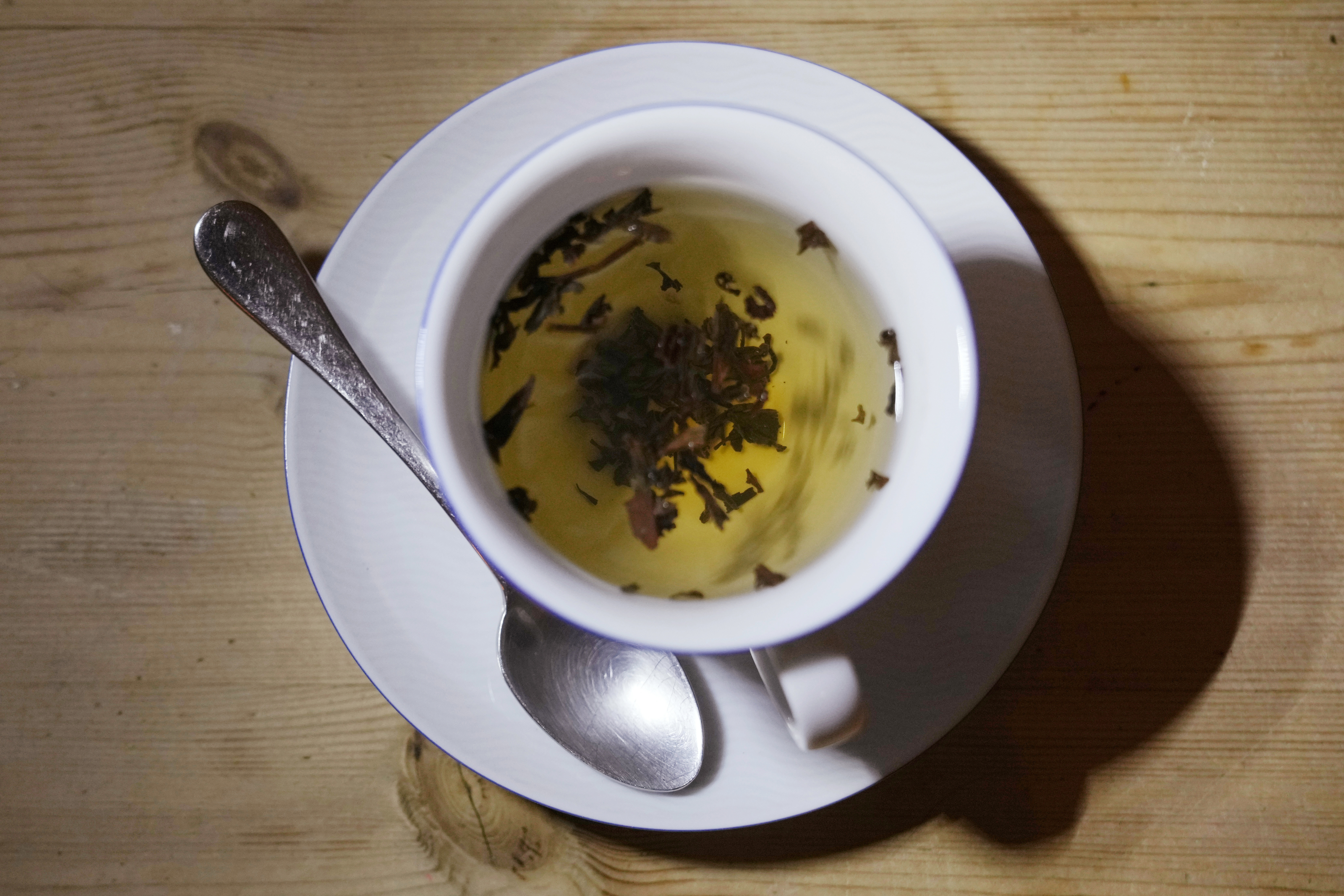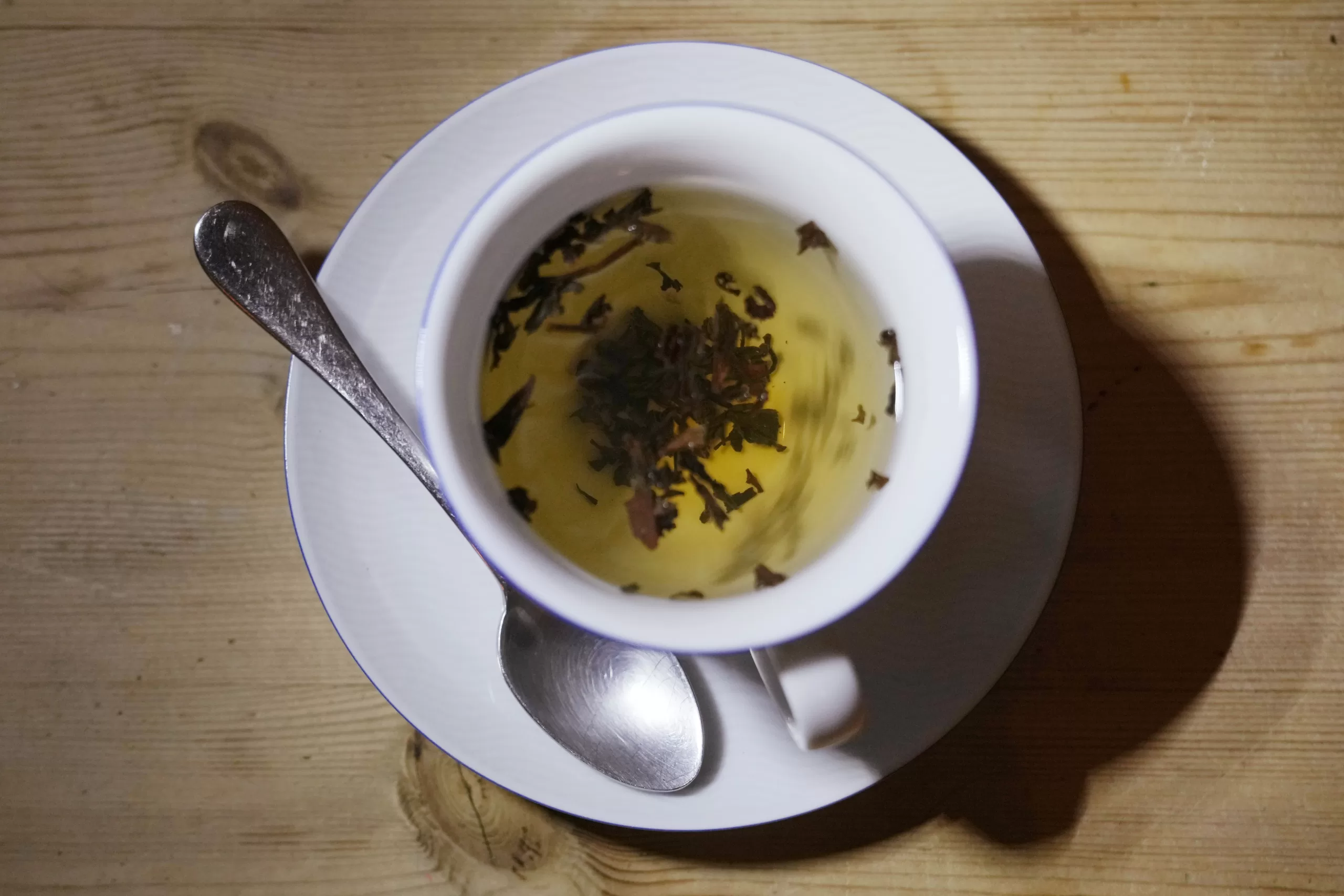
Press play to listen to this article
Voiced by artificial intelligence.
Brits reacted with such fury when an American scientist suggested that the perfect cup of tea needs a pinch of salt that the U.S. embassy in London had to get involved.
Michelle Francl, a professor of chemistry at Bryn Mawr College in Pennsylvania, caused quite a stir when she published her advice on how to get your tea just right in a book called “Steeped: The Chemistry of Tea.”
Some of her findings were not controversial — use a short, stout mug as it will have less surface area, so keep the tea hotter; pre-heat your mug or teapot; only use a teabag once (obvs).
Francl, however, also weighed in on one of the most divisive topics in Britain — whether to put the milk in first or not. She says milk goes in after to reduce the chances of curdling.
But some of her other advice was jaw-dropping to Brits: Warming the milk (to reduce the chance of curdling); adding a squeeze of lemon (to remove the “scum” that sometimes appears on the surface of the drink); and, most extraordinary of all, adding a pinch of salt (to make the tea taste less bitter).
The comments section on the Daily Mail went into meltdown. “Like we need help from the Americans on making tea. Who do you think you’re talking to, the French?” said one Mail reader.
To calm the diplomatic waters, the U.S. embassy in London decided to get involved, putting out a press release saying that tea is “the elixir of camaraderie, a sacred bond that unites our nations. We cannot stand idly by as such an outrageous proposal threatens the very foundation of our Special Relationship.”
It went on: “We want to ensure the good people of the UK that the unthinkable notion of adding salt to Britain’s national drink is not official United States policy. And never will be.”
But just when everything was going so well: “The U.S. Embassy will continue to make tea in the proper way — by microwaving it.”
The U.K. had not declared war on the U.S. at the time of publication.
